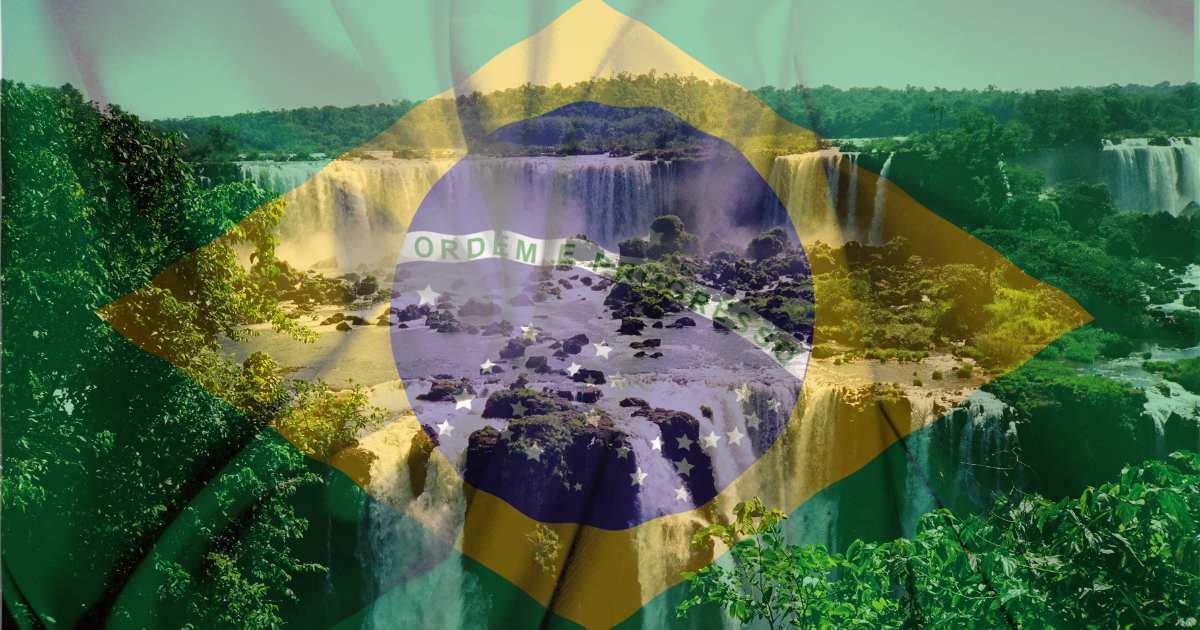New legislation creates tools for countermeasures, signaling a more assertive trade policy grounded in economic sovereignty and commercial defense
On April 11, 2025, Brazil enacted Law No. 15,122/2025, introducing a legal framework for suspending trade and investment concessions and intellectual property obligations in response to unilateral measures imposed by foreign countries or economic blocs that harm Brazil’s international competitiveness.
The law marks a shift toward proactive trade defense, granting the Executive Branch the authority to adopt economic and commercial countermeasures in coordination with the private sector. It reflects Brazil’s intent to push back against foreign restrictions — particularly environmental or regulatory demands — seen as protectionist or extraterritorial in nature.
Why the Law Matters: A Reaction to Rising External Pressures
Law 15,122/2025 responds to growing pressure from developed countries and trade blocs that have increasingly used unilateral standards — especially environmental criteria — to restrict imports from countries like Brazil.
The law allows Brazil to react to foreign measures that:
- Interfere with its sovereign decisions;
- Violate international trade agreements;
- Impose environmental conditions that exceed Brazil’s domestic legal standards.
This positions Brazil to assert reciprocity in trade relations, especially where foreign environmental demands are perceived as veiled trade barriers.
What the Law Authorizes: A Toolbox for Countermeasures
Under Article 3, the Executive Branch is authorized to adopt proportional countermeasures, including:
- Import taxes or restrictions on goods and services;
- Suspension of intellectual property rights, including patents and trademarks (in line with Law No. 12,270/2010);
- Suspension of obligations in trade agreements to which Brazil is a party.
These measures can be cumulative or selective, and must avoid disproportionate administrative burdens or unnecessary economic damage. The law emphasizes strategic use, not indiscriminate retaliation.
Environmental Safeguards and Legal Criteria
A central focus of the law is countering unilateral environmental restrictions, particularly those under discussion in the European Union. Article 2(III) and its sole paragraph define the technical criteria for evaluating whether a foreign environmental requirement exceeds Brazilian norms.
These include:
- Brazil’s capacity commitments under the Paris Agreement;
- Domestic laws such as the Brazilian Forest Code and National Climate Policy;
- The country’s low-carbon energy matrix and emissions commitments.
This framework reinforces Brazil’s position that it already maintains robust environmental legislation, and allows it to reject foreign requirements that are unilaterally imposed or economically punitive.
Private Sector Participation and Transparent Governance
Law 15,122/2025 requires that the implementation of any countermeasures be governed by future regulatory rules, which must include:
- Public consultations to gather input from affected industries;
- Clear deadlines and objective criteria for action;
- Mechanisms for proposing exceptional countermeasures, including those involving IP rights.
This structure ensures private-sector involvement in shaping defensive strategies and fosters transparency in government decision-making.
Diplomacy and Monitoring
The law doesn’t rule out diplomacy. On the contrary, it mandates:
- Diplomatic consultations before countermeasures (Article 4);
- Provisional countermeasures in urgent cases (Article 6);
- Ongoing monitoring of the economic and diplomatic impact of any measures taken (Articles 7 and 8).
This reflects a balanced approach — combining firmness with flexibility — where dialogue is prioritized, but credible enforcement tools remain available.
Implications for Businesses and Legal Advisors
The law opens up new challenges and opportunities for companies engaged in international trade and for legal professionals working in international, customs, and regulatory law. Key takeaways include:
- Import tax and licensing changes may arise as part of countermeasures (Articles 9 to 11);
- Foreign intellectual property rights could face suspension, affecting patents and trademarks held by companies from retaliated jurisdictions;
- Environmental and commercial practices abroad must be monitored more closely as part of ESG and trade compliance strategies.
Firms engaged in cross-border business should now consider regulatory risk from both directions — not only from foreign authorities but also from Brazilian response mechanisms.
Final Thoughts: Toward a More Assertive Trade Posture
Law No. 15,122/2025 reflects a significant maturation in Brazil’s commercial policy. It equips the country with legal instruments to defend its strategic interests in the face of unilateral trade barriers or discriminatory environmental standards.
More than just a retaliation tool, the law is a diplomatic and economic resource, signaling that Brazil intends to defend its competitiveness and sovereignty in the global economy — with legal clarity, structured procedures, and room for private-sector engagement.
Businesses and legal professionals should monitor the forthcoming regulations, which will define the operational rules and safeguards for implementing this new framework.

